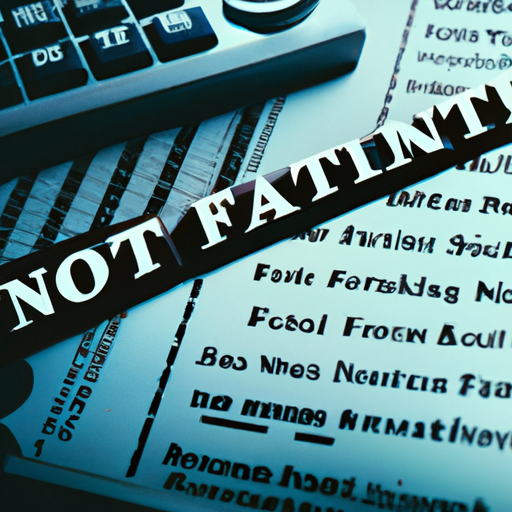By , Block.one, as ii became, was advanced in what would become a $US billion raising, which attracted another Australian connection – former Commonwealth Bank chief financial officer Rob Jesudason . That year, Alexander had left Jefferies with plans to set up his family office.
He says he lasted days before opting to dive back into full-time work to run Block.one’s $US billion VC fund, called EOS VC.
“For me, that was very nice jumping in the deep end, and just spending thousands and thousands of hours learning about blockchain and the relevance of it in a time when most of the world was straight out saying it was fraudulent,” he says.
Block.one was not without controversy – it was ultimately fined by the US Securities and Exchange Commission for its record fundraising, which was not registered.
Alexander says after two years, the fund had deployed its $US billion into companies that needed blockchain technology and wanted the EOS system. His learning curve had been immense – he had seen thousands of opportunities, pored over them with analysts and partnered in funding rounds with other venture capital funds also eager to get in early on the next phase of the digital world.
EOS VC invested in companies in early rounds for companies including LA-based gaming company Mythical Games, Sydney-based start-up Immutable and property trading metaverse Upland.
“I very quickly realised this wasn’t something that was a fad. It wasn’t going away,” he says.
And he was ready to move on, relocating to Japan and, once again, keen to focus on his own investments.
But then, as COVID- arrived, he found himself stuck in Australia on a visit to his family, surprised at how this market had ignored blockchain and crypto investments. But Australia is catching up.
“Australia is suddenly waking up and embracing the technology and really learning about it now, versus two years ago, when it really wasn’t in regular conversation,” he says.
First, he is bullish on bitcoin, and regards the volatile swings in various crypto as part of the cleaning up of the system.
He is sceptical on the metaverse “clunky” and is a big advocate for more legislation in the space, to clear out any so-called “bad actors”.
The last point makes sense: Block.one is in the final stages of listing Bullish, a digital asset exchange, which offers investors the safety of a “regulated platform”. It has attracted investment from PayPal co-founder Peter Thiel, hedge fund managers Alan Howard and Louis Bacon, and Hong Kong tycoon Richard Li.
But now, Alexander firmly focused on one of his latest investments: BlockTrust, a non-fungible token play which is expected to soon raise fresh capital. The company partners with brands – such as Village Roadshow – to create digital assets, taking a cut each time one is traded and enabling the company to collect and distribute data.
Alexander says it represents much of what he thinks is exciting about the digital world. “We’re a blockchain software development company, but what we end up doing is taking equity ownership of the digital assets. So, that’s the long trade rather than taking upfront fees. So, we go with the brand. It’s a very different model.”
Alexander says that as more people recognise blockchain is the most secure place for data, they will increasingly take back ownership of their data and start to go direct to brands that they value, rather than rely on third-party aggregators.
The trick will be ensuring the digital assets – NFT or other – will be valued, and traded. That is also where BlockTrust and its partners will generate their returns. Alexander says this company is well aware of that.
The focus is on the brand, “and how do we help the brand mature and innovate in this world”.
“I think sports is a massive opportunity. So, it’s stay tuned. I am very excited about what’s going to come out of there.”


